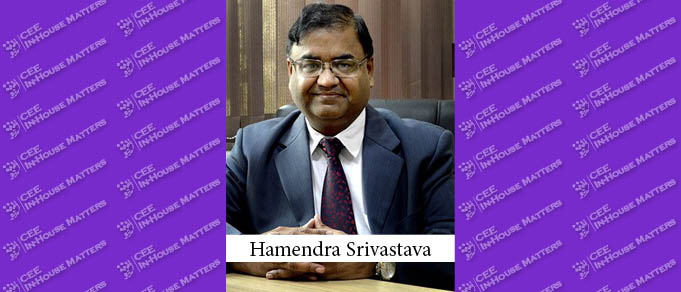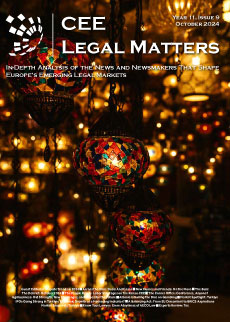On September 8, 2020, CEE Legal Matters reported that Integrites had successfully protected the interests of Lifelong Meditech, an Indian producer and exporter of medical equipment, in a safeguard investigation initiated by the Ukrainian producer Hemoplast concerning the import of syringes into Ukraine. CEEIHM spoke with Hamendra Srivastava, the CEO of Lifelong Meditech, to learn more about the investigation.
CEEIHM: To give our readers a bit of background, tell us a few words about Lifelong Meditech.
Hamendra: It is an Indian company based out of New Delhi. We manufacture disposable syringes and register over USD 22 million in revenue a year. We are the second-largest manufacturer of disposable syringes in terms of production capacity and we are the largest exporter in India.
CEEIHM: What was the basis of the investigation initiated by Hemoplast and how was the process carried out?
Hamendra: I believe a bit of background is needed here. Hemoplast's objective has long been to stop the imports of syringes into Ukraine. It first initiated an antidumping inquiry in Ukraine a few years ago which targeted imports from Turkey, China, and India. We participated in that investigation because we had been exporting to the country for a few years already. The investigation back then looked not only at the countries of origin but also the specific companies involved. That was their first shot really – an attempt to place tariffs on imports from these three countries. We were told that the investigation was dropped with no consequences.
Now, they initiated a safeguard investigation inquiry. This was not about targeting individual players, rather arguing that any imports coming into Ukraine are harming the interest of the local producers — in this case, Hemoplast.
CEEIHM: What was the end result of the investigation and how has it affected your operations – both during it as well as going forward?
Hamendra: We put up all the necessary documentation and the investigation was, again, closed, again with no consequences. At the end of the day, neither of these efforts had any impact. Of course, we had to spend a lot of time, energy, and money, including in terms of hiring lawyers in India and in Ukraine the first time around (this time we only needed assistance in Ukraine). It simply was a huge distraction with a lot of time spent by the team on documentation. In the end, both ultimately resulted in no consequences. As of now, anybody can export to Ukraine, so for us, it's business as usual in the country.
CEEIHM: Integrites reported it protected the interest of the company during the investigation. What was the firm’s mandate specifically on the matter?
Hamendra: When we discussed the mandate with them, the instruction was to defend us in the investigation, with all that entails. Naturally, aside from the standard remuneration, we agreed on a success fee as well. In terms of actual work, what stood out was the element of direct representation in front of the commission hearings. Last time around I traveled personally to attend them, but I couldn't now due to the lockdown.
CEEIHM: And why did you opt to turn to Integrites, in particular, to assist with this investigation?
Hamendra: We first learned of Integrites through a common business partner. We found the firm to be quite professional. They were clear in their approach, and always, we felt, asked the right questions. Solid communication and collaboration were critical during the phase of documentation- gathering, both within our own internal team and with the firm and we feel that went quite smoothly.
Originally reported by CEE In-House Matters.



